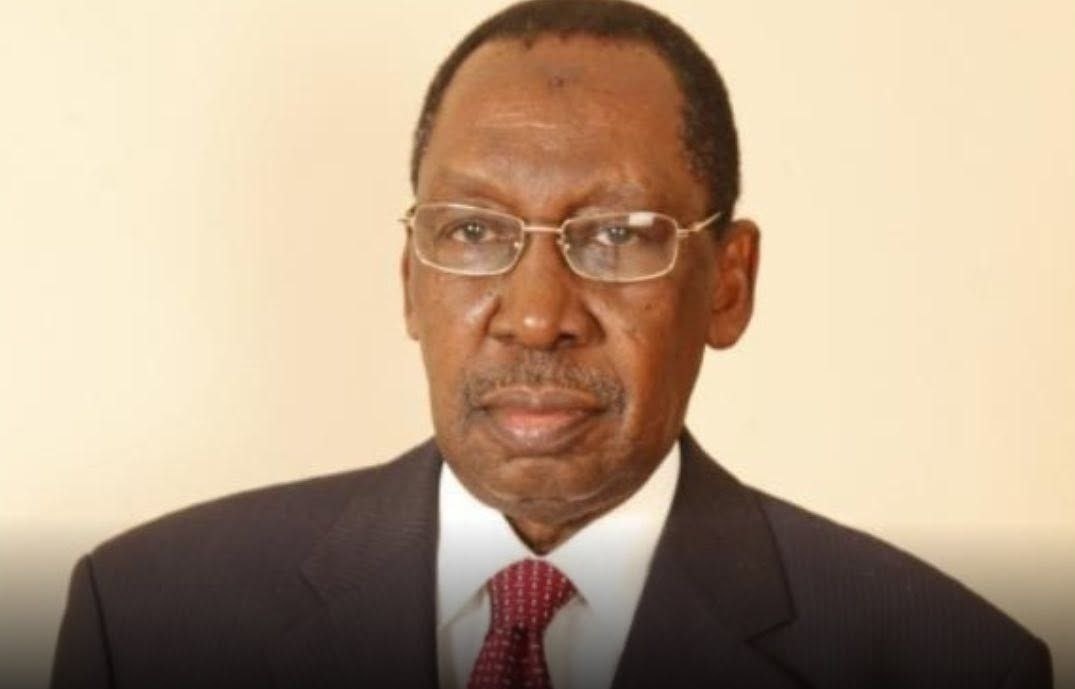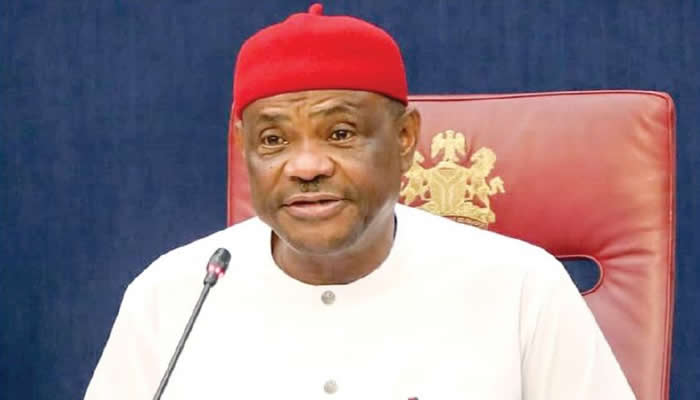
Nigeria Mourns Legal Titan: Former Chief Justice Mohammed Uwais Dies at 88

Nigeria has lost one of its most distinguished legal minds. Mohammed Lawal Uwais, the former Chief Justice of Nigeria, passed away peacefully at the age of 88, drawing to a close a monumental chapter in the nation’s judicial and democratic evolution. His death, confirmed early Friday morning by Ondo State Attorney General Kayode Ajulo, has triggered a wave of national reflection and mourning across legal, political, and civic circles.
Born in Zaria, Kaduna State in 1936, Uwais rose from modest beginnings to occupy one of the highest and most respected offices in the Nigerian legal system. His ascent was marked by brilliance, resilience, and a tireless dedication to justice. Appointed to the Supreme Court at just 43, a remarkable feat by any standard, he became the Chief Justice of Nigeria in 1995 and held the position until 2006, making him the second-longest serving CJN in the country’s history.
Uwais’s 11-year tenure as head of Nigeria’s judiciary was nothing short of transformative. He presided over the judiciary during one of Nigeria’s most volatile political transitions, helping to anchor the judiciary as a stabilizing force during the country's shift from military to civilian rule. Those who worked closely with him recall his insistence on judicial independence, his cool temperament in the face of political storms, and his meticulous approach to jurisprudence. He was a judge’s judge, revered for his intellect and the quiet dignity with which he bore the enormous responsibility of his office.
Even in retirement, Uwais remained an influential national figure. In 2007, President Umaru Musa Yar’Adua appointed him to chair the Electoral Reform Committee, a decision that would go on to define a significant part of his post-judicial legacy. The committee’s 2008 report broke new ground, boldly recommending a series of systemic changes aimed at strengthening Nigeria’s electoral process. Among its most impactful suggestions were the creation of an independent electoral body and the adoption of electronic voting and result transmission—ideas that, at the time, were both radical and visionary.
While some of these reforms remain aspirational, many of the principles laid out in the Uwais Report continue to serve as a benchmark for electoral integrity in Nigeria. His work signaled a deep concern for not just interpreting the law, but for reforming systems to better serve democratic ideals. That a retired jurist could still shape the democratic trajectory of a nation speaks volumes about the enduring weight of his voice and the credibility he commanded.
Tributes have been pouring in from all corners of the country. Human rights lawyer and academic Chidi Odinkalu took to social media to express his grief, describing Uwais as “a truly good man” and “a mentor.” Odinkalu, like many others, credited Uwais for inspiring a generation of lawyers and public servants with his example of incorruptibility and intellectual rigor.
Kayode Ajulo, who confirmed Uwais’s death, praised him as “a beacon of integrity” and “a statesman of uncommon principle.” In a poignant statement, he noted that Uwais “transformed the judiciary and championed democratic reforms at a time when it was most needed.” Ajulo's sentiments capture the mood of a nation that recognizes the value of what it has just lost—a legal luminary whose life’s work helped steady the course of Nigerian democracy.
Among colleagues and legal historians, Uwais is often remembered for his role in landmark rulings that continue to influence Nigerian jurisprudence. He was never one to seek the limelight, but when he spoke, whether in court or in public discourse, his words carried weight. Lawyers who appeared before him recall a man of impeccable fairness, firm in principle yet humble in bearing.
Perhaps more remarkable was Uwais’s resistance to the lure of partisanship. In a country where institutions often buckle under political pressure, Uwais remained above the fray. His integrity was never in doubt, and even his critics conceded his unassailable moral compass. In retirement, he was courted for political endorsements and positions of influence, but he largely stayed above the fray, choosing instead to contribute through measured counsel and public service.
He leaves behind a profound legacy—one not merely of professional achievement, but of character. In an era where the lines between public service and personal gain are often blurred, Uwais remained steadfastly principled. His life stands as a reminder that public office can still be an avenue for selfless service, that it is possible to hold power without being corrupted by it.
Family members, though private in their grief, have expressed deep appreciation for the outpouring of love and support. He is survived by children and grandchildren, many of whom have continued his tradition of service and excellence in various fields. Friends and former colleagues are expected to gather in the coming days for memorials and tributes, celebrating a life that was as impactful as it was dignified.
Mohammed Uwais’s death is more than the passing of a man; it is the closing of a legal and moral chapter that helped shape modern Nigeria. As the country continues to grapple with the complexities of justice, governance, and reform, the principles he espoused—independence, fairness, courage—remain as relevant as ever. His story is not just one of achievement, but of a life lived in service to the ideals of justice and democracy.
In the final analysis, Chief Justice Mohammed Uwais was not only a custodian of the law but also a quiet architect of Nigeria’s democratic journey. His name now joins the pantheon of national heroes whose contributions will echo across generations. His legacy is not written only in law reports and reform papers, but in the very fabric of a nation that is, in no small part, stronger because of him.


